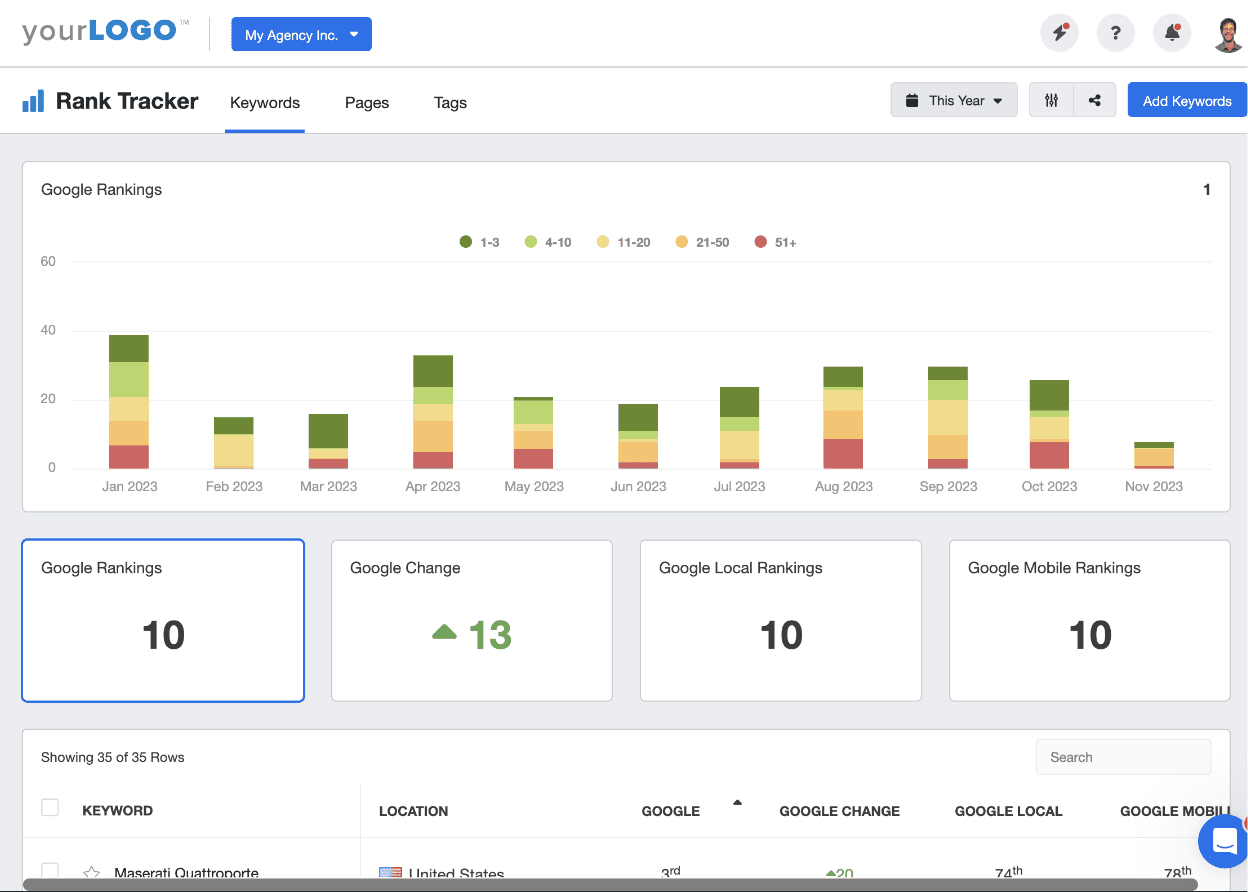Rise by Six: Your Daily Dose of Inspiration
Explore insights and stories that elevate your day.
Climbing the Keyword Ladder: Don’t Slip on That Ranking
Unlock the secrets to climbing the SEO ladder and boost your rankings! Don’t miss out on essential tips to keep your site on top.
Understanding Keyword Research: The First Step to Climbing the SEO Ladder
Keyword research is a fundamental aspect of SEO that involves identifying and analyzing the terms that users type into search engines when looking for information. By understanding your audience's search intent, you can uncover the words and phrases that are most relevant to your niche. This process not only helps you choose the right keywords to target but also guides your content creation strategy. Start by brainstorming a list of potential keywords, then utilize tools like Google Keyword Planner or SEMrush to assess their search volume, competition, and relevance. This data-driven approach allows you to prioritize keywords that can drive traffic to your site.
Once you have a solid list of keywords, it’s important to integrate them effectively into your content. Use your primary keywords in key areas such as the title, headings, and introductory paragraph. However, don’t forget to sprinkle in related long-tail keywords naturally throughout your text. Keyword research is not just a one-time task; it should be an ongoing process as search trends evolve. Regularly revisiting and updating your keyword strategy ensures that your content stays relevant, giving you a competitive edge on the path to climbing the SEO ladder.

Common Mistakes to Avoid When Optimizing for Keywords
When optimizing for keywords, one of the common mistakes to avoid is neglecting keyword research. Many bloggers jump right into content creation without thoroughly understanding which keywords their audience is searching for. It’s crucial to utilize tools like Google Keyword Planner or SEMrush to identify relevant keywords and assess their search volume. A well-researched keyword strategy can significantly increase your chances of ranking higher in search results.
Another frequent error is overusing keywords, known as keyword stuffing. While it’s important to include your target keywords throughout your content, doing so excessively can lead to a poor reading experience and may even result in penalties from search engines. Instead, aim for a natural flow by incorporating keywords into headings, subheadings, and body text without compromising the readability. Remember, quality content that resonates with your audience is essential for both SEO and user engagement.
How Long Does it Take to Rank for Your Target Keywords?
When it comes to SEO, a common question among bloggers and website owners is, ‘How long does it take to rank for your target keywords?’ The answer varies significantly based on several factors, including the level of competition for the keywords you are targeting, the authority of your domain, and the quality of your content. Generally, it can take anywhere from three to six months to see significant progress in ranking, but in some cases, it might take even longer. High-competition keywords may require upwards of a year or more to achieve desired rankings.
To improve your chances of ranking faster, consider focusing on long-tail keywords, which are often less competitive and can drive targeted traffic to your site. Additionally, regularly updating your content, building backlinks, and enhancing user experience can play a crucial role in SEO performance. Remember, patience is key in the world of SEO; consistent effort and strategic planning lead to long-term success.